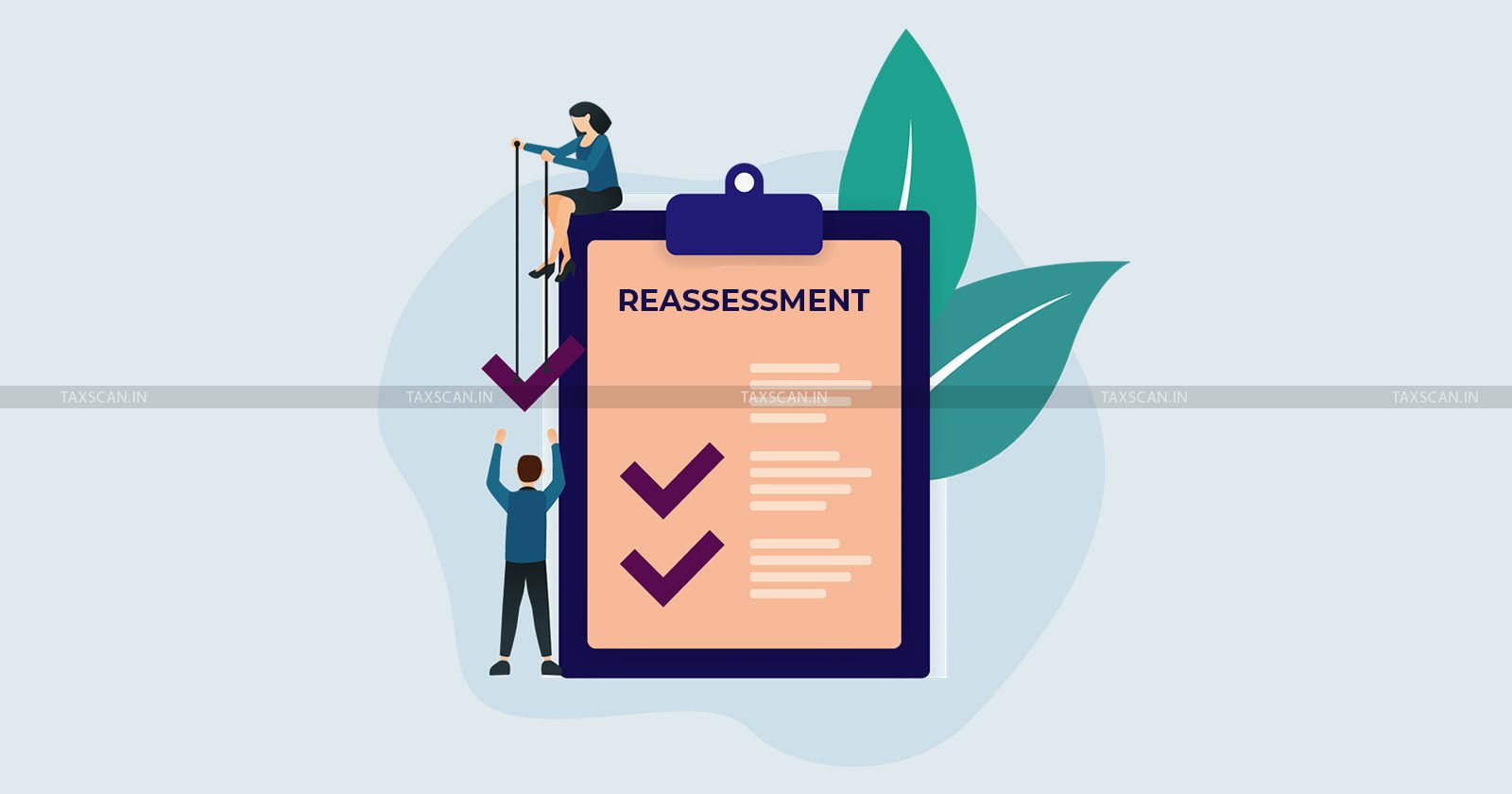Wife Sells Two Gifted Flats for ₹6 Crore and Pays No Income Tax: Here’s How
A Mumbai woman sells two gifted flats for Rs. 6 crore, reinvests the proceeds in another home, and legally avoids paying any tax under Section 54.

A woman in Mumbai recently sold two flats that were gifted to her by her husband. She sold the flats for almost Rs. 6 crore but did not have to pay any income tax on the profit she earned. The Income Tax Appellate Tribunal in Mumbai ruled in her favour, allowing her to claim a tax exemption.
Let us understand what exactly happened and how she managed to save tax completely on her capital gains.
Background
The woman, Kavita Manoj Damani, had received two flats from her husband as a gift. These flats were located in Hiranandani Gardens in Powai, Mumbai. Her husband had originally purchased the flats in 2002 for Rs. 34.5 lakh and Rs. 17.4 lakh. In the year 2017, he gifted his share of the properties to his wife through a registered gift deed, making her the full owner of the flats.
Affective Ways Of Tax Planning for HUF, Partnership Firm and Will - Click Here
In January 2020, Kavita sold both flats for a total of Rs. 5.98 crore. Since the flats were owned for a long period, the profit from the sale qualified as long-term capital gains, which is taxed under the Income Tax Act.
After accounting for inflation using indexation (a method allowed by tax law), her capital gain was calculated at Rs. 4.21 crore. This is a large amount and normally a person would be required to pay tax on it but Kavita did something that helped her claim a tax exemption on the entire gain.
 Also Read:Income Tax Dept has No Statutory Power to Cancel Sale Deeds : Madras HC Quashes Attachment Order [Read Order]
Also Read:Income Tax Dept has No Statutory Power to Cancel Sale Deeds : Madras HC Quashes Attachment Order [Read Order]
What is Section 54 and What Are Its Conditions?
Section 54 of the Income Tax Act allows an individual to save tax on capital gains from the sale of a residential property, but certain conditions must be met. Here are the key conditions:
- Who Can Claim: Only individuals and Hindu Undivided Families (HUFs) can claim this exemption.
- Type of Property Sold: The asset sold must be a residential house and classified as a long-term capital asset (held for more than 24 months).
- Use of Sale Proceeds: The capital gains must be reinvested in another residential house in India.
- Time Limit to Reinvest: You can buy a new house within 1 year before or 2 years after the sale. Or you can construct a new house within 3 years from the date of sale.
- Capital Gains Account Scheme (CGAS): If the money is not used before filing the tax return, it should be deposited in a Capital Gains Account with a bank before the return is filed.
- Only One Property: The exemption is available for only one new property, unless certain specific conditions under amended provisions are met.
- Lock-in Period: The new property should not be sold within 3 years. If it is, the exemption claimed earlier becomes taxable in the year of sale.
In Kavita's case, she met these conditions:
- She was the owner of the flats and sold them after holding them for many years.
- She used the capital gains to purchase another residential property.
- The purchase happened within the 2-year window allowed by law.
- She completed all transactions through legal agreements and banking channels.
Why did the tax officer object?
The Income Tax Officer who examined her case did not agree with her claim. He raised several objections:
- He said that the original flats were actually paid for by her husband, and so he should be considered the real owner.
- He said that she bought the new property from her husband, so it was like buying from herself, which is not allowed.
- He also pointed out that the money used for buying the new property appeared to be rotated in a circular manner. It came from a company where both husband and wife were directors and went back to the same company after passing through their accounts.
- The officer argued that this was just a way to make it look like a real transaction when in fact no real money changed hands.
- He claimed that all of this was a strategy to avoid paying tax and called it a "colourable device", which means a method used to hide the real purpose of avoiding tax.
Because of these reasons, the officer denied the tax exemption.
What did the Income Tax Tribunal decide?
Kavita appealed the officer's decision before the Income Tax Appellate Tribunal (ITAT) in Mumbai. The tribunal studied all the facts, documents, and objections raised.
Clear all Your Doubts on RCM, TCS, GTA, OIDAR, SEZ, ISD Etc... Click Here
 Also Read:Income Tax Reassessment without Faceless Procedure Illegal: Telangana HC Quashes Notices u/s 148A and 148 [Read Order]
Also Read:Income Tax Reassessment without Faceless Procedure Illegal: Telangana HC Quashes Notices u/s 148A and 148 [Read Order]
The tribunal gave the following observations:
- The flats were legally gifted to Kavita in 2017. Once a gift deed is executed and registered, the recipient becomes the legal owner. So she had the right to sell the property and declare the income in her name.
- The income from the sale was declared in her income tax return and was taxed in her hands. She also received the full sale amount in her bank account.
- She used the sale proceeds to buy another flat, and this purchase was completed within the time limit allowed by law. The law allows a person two years from the date of sale to buy a new residential property to claim the exemption.
- The money that went through her and her husband’s accounts was from her company investments and fixed deposits. The tribunal found that she had made earlier investments and then used those funds to pay her husband. This was not an illegal act, and it followed the process allowed under the law.
- There is no rule that says a person cannot buy a house from their spouse. The law does not restrict buying a property from a relative. So the fact that she purchased the flat from her husband did not disqualify her from the exemption.
Complete practical guide to Drafting Commercial Contracts, Click Here
In conclusion, the tribunal held that the transaction was legal, the exemption was valid, and the woman was not liable to pay tax on the Rs. 4.21 crore capital gains. The officer was directed to allow the exemption.
This case is a good example of how taxpayers can plan their transactions in a lawful way and take advantage of tax benefits available under the law.
Case Details
Kavita Manoj Damani vs ITO INT Tax Ward
CITATION: 2025 TAXSCAN (ITAT) 1049
Case Number: ITA No. 2648/MUM/2024
Date of Judgement: 09 June 2025
Coram: SHRI AMIT SHUKLA & SHRI VIKRAM SINGH YADAV
Counsel of Appellant: Shri. Bhadresh Doshi
Counsel Of Respondent: Shri. Krishna Kumar
Read Case Summary Here.
Support our journalism by subscribing to Taxscan premium. Follow us on Telegram for quick updates


